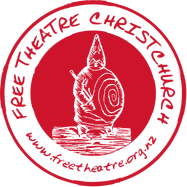Recently, a supporter of the company asked why we don't publish more... perhaps we should. But there are already things out there, including: Moving Targets: Political theatre in a post-political age by Ryan Reynolds, and Emma Johnston's Healing Maori Through Song and Dance?: Three case studies of recent New Zealand music theatre. Also there are a number of writings (book chapters, journal articles and so on) in our writings thingee.
0 Comments
As announced yesterday, award-winning filmmaker Shirley Horrocks has just completed a documentary on Free Theatre. Huge congratulations to Shirley for being selected to première the film at the 2017 New Zealand International Film Festival in August (dates, times and venues to be announced soon). Shirley has had more films selected for the NZIFF than any other New Zealand filmmaker, which is an extraordinary achievement. We're honoured that she decided seven years ago that Free Theatre was a worthy subject and inspired by her dedication to seeing the film get made as part of her ongoing mission to shed light on artists and work that she believes should be better known. New Zealand is notorious for neglecting its social history, often failing to realise art's relevance to our contemporary lives. This makes champions like Shirley all the more valuable. Often the people I've made documentaries about are out there, but perhaps they're not widely known. I wanted to get them more widely known because I think they really should be. Shirley's company, Point of View Productions, has established a Facebook page for the film here. We thought it might also be good, in the build up to the première of the film, to share some items from our extensive archives that Shirley has been researching for the film. The Free Theatre archiving project began in 2010 with a small grant from Creative Communities and it continues today with only a fraction available on our website. The archiving project reveals the extraordinary depth, nuance and richness of Free Theatre's output, and of Peter Falkenberg's contribution to contemporary theatre in New Zealand over many years through the work he has created and the artists he has inspired. It shows the extraordinary talent, commitment and intelligence of the many artists that have contributed to the company over nearly four decades. The archives also raise a recurring question. Image from Canterbury Tales (2013) This latest documentary by Shirley Horrocks is the inside story of one of New Zealand's most colourful and controversial theatre companies – a hidden treasure, which has been presenting one extraordinary production after another for 37 years. The creative individuals who make up the Free Theatre group in Christchurch have their own vision of how to enlarge the boundaries of live performance, making rich use of all the arts. The group has survived censure, court cases, money problems, and earthquakes wrecking their venues. Award-winning director Shirley Horrocks has specialised in profiling creative people who deserve to be better-known, and Free Theatre is one of her most dramatic discoveries. Given the company's remarkable longevity and consistent output of ground-breaking work over so many years, why has Free Theatre always struggled with visibility? As noted as elsewhere by our Chief Archivist, perhaps there are embedded cultural reasons for this and, paradoxically, perhaps it speaks to the company's success in remaining politically relevant that it is treated wearily in a politically conservative society. It seems of value to keep questioning this as we consider the necessary changes in the role and function of art in making engaged and engaging contemporary cities. Alongside's the company's ongoing work, perhaps documents such as Shirley's, and books like that written by Dr Marian McCurdy (more on this soon) will continue to promote the value of contemporary theatres like Free Theatre and its aims to provide unique experiences of alternative ways of thinking and living. Woyzeck (1980)After forming in 1979, Free Theatre's first production in 1980 was based on Georg Büchner's Woyzeck. Presented under the name 'Workshop Theatre', the realisation another company had this name meant the company eventually changed its name to Free Theatre Christchurch, a homage to the free theatres of Europe that gave birth to modern theatre. Woyzeck was presented in a space at the Teacher's College at Dovedale Ave before the company built its own space in the Arts Centre. Many years later, after losing the space to the earthquakes, the company would return to the Teacher's College studio to develop and present I Sing the Body Electric. Büchner's text was a forerunner to Naturalism and Expressionism. Free Theatre's production saw the emergence of a new voice in Christchurch theatre and an alternative to the Court Theatre that had been founded five years prior. Directed by Peter Falkenberg, the production featured John McClatchie, Stephanie Johnson, Mark di Somma, Nick Frost, Godfrey Sim and Karl Knaup, with Sue Donaldson as stage manager and Rodger Phillips as lighting operator. Images from rehearsals can be found here. “Slowly, Woyzeck, take it slowly. One thing after another one. You make me feel giddy. - What am I supposed to do with the ten minutes you save rushing that way? What use are they to me? Think about it, Woyzeck; you've got a good thirty years left. Thirty years. That makes three hundred and sizty months - and then there's days, hours, minutes! What're you going to do with such a monstrous amount of time? Eh? Space it out a bit, Woyzeck.” We've been discussing revisiting some formative Free Theatre productions including Woyzeck and Ubu Roi, either as new performances and/or as part of Ubu Nights. Here's a Free Theatre favourite, Tom Waits, presenting a piece from Woyzeck... One must love humanity in order to reach out into the unique essence of each individual: no one can be too low or too ugly. Free Theatre is to be in the spotlight with a new documentary by award-winning filmmaker Shirley Horrocks to première at the New Zealand International Film Festival in August and two new books penned by company members.
Horrocks, one of New Zealand's leading social and arts documentary filmmakers, is well known for producing documentaries that shed light on influential artists, her award-winning work focusing on the likes of Marti Friedlander, Len Lye, Albert Wendt and Allen Curnow. Horrocks’ production company, Point of View Productions, says the film will provide insight into “a hidden treasure, which has been presenting one extraordinary production after another for 37 years”. Horrocks began researching Free Theatre in 2010, after travelling to Wellington to see the company present Distraction Camp at the old BATS theatre (Wellington). She then travelled south from her Auckland base to film a series of productions over six years. Her documentary provides extraordinary, previously unseen footage from a number of the company's highly acclaimed productions in post-quake Christchurch, including The Earthquake in Chile and Canterbury Tales. Horrocks also presents footage from Free Theatre's extensive archives, which have been developed through an archiving project that began in 2008. The film comes at the same time as the release of a new book by Free Theatre member Marian McCurdy. Published by Intellect and titled Acting and its Refusal in Theatre and Film: The Devil Makes Believe, the book is based on McCurdy’s PhD thesis and offers insight into the company’s work through a series of recent high profile productions. She also discusses films such as Lust, Caution directed by Ang Lee and Lars von Trier’s The Idiots to consider the ethical desire of refusing to act—which results from blurred boundaries of acting and living—and examines how real life and performance are intertwined. McCurdy’s book precedes another that she is currently working on with Free Theatre members about the company’s work. Research for the book will be presented as part of a special panel at the Australasian Theatre, Drama and Performance Studies Conference (ADSA) in late June. Hosted by the Auckland University of Technology, this year’s conference theme is ‘Performing Belonging in the 21st Century’ and includes a keynote address from activist and artist Tame Iti. Free Theatre Artistic Director Peter Falkenberg delivered the keynote address at the organisation’s conference last year in Toowoomba on ‘theatre and resilience’. Elements of this paper will also feature in the book which is planned for publishing in 2018. |
Free Theatre ChChFree Theatre Christchurch. Intermittent blogging. Thoughts. Enjoy. Archives
March 2021
Categories |
- HOME
- ABOUT
- UPCOMING
- EDUCATION
-
ARCHIVE
-
Productions 1979 - present
>
- Babylon Berlin
- Beggars Banquet
- Woyzeck
- The Tempest
- The Axe
- Endgame
- Digitising Performance
- Erewhon: Over the Range
- A Summer Night's Dream
- How Dare You
- A Winter's Tale
-
Ubu Nights
>
-
Past Ubu Nights
>
- Ma Ubu Night
- Ubu Through the Looking Glass
- Ubu in Wonderland Ubu Night
- Frankenstein Ubu Night
- Casablanca Ubu Night
- Faust Ubu Night
- Not Hamlet Ubu Night
- Punk Ubu Night
- The Art of the Deal Ubu Night
- Crossroads Ubu Night
- Ubu Shows Us the Way to Brecht's Whiskey Bar
- The Devil and the Blues Ubu Night
- Bowie Ubu Night
- Warhol Ubu Night
- Berlin Kabarette
- Beat Ubu Night
- Twin Peaks Ubu Night
- David Lynch Ubu Night
- Kafka Ubu Night
- Tango Ubu Night
- Ubu Ubu Night
- Lovecraft Ubu Night
-
Past Ubu Nights
>
- Ars Acustica
- Alice
- The Black Rider
- Frankenstein
- The Mauricio Kagel Project
- Te Puna Toi 2015: Footprints/Tapuwae
- Kafka's Amerika
- The Soldier's Tale
- Canterbury Tales
- I Sing the Body Electric
- Hereafter
- Passion, Pulse and Power
- The Earthquake in Chile
- Doctor Faustus
- The Marvellous Corricks >
- Distraction Camp
- Remake
- Ella and Susn
- Free Theatre - 25 years and counting...
- Faust Chroma
- Enigma Emmy Goering/Nico Sphinx of Ice
- Faust Feast
- Diana Down Under
- Philoctetes >
- Fantasia
- Christmas Shopping
- Grimm's Sleeping Beauty
- Achternbusch in the Antipodes
- Caucasian Chalk Circle
- Samson Airline
- Kabarett Kabul
- Footprints/Tapuwae
- Last Days of Mankind
- Medea
- Bakkhai / Diotek
- Krapp's Last Tape
- Murderer Hope of Women / The Philosopher's Stone
- Comrade Savage
- Love on a Bicycle
- Resolution Island
- Songs for the Judges
- Crusoe
- Oedipus Rex/Oedipus at Colonus
- States of Shock
- Empire Builders
- Yes
- Power
- Robinson Crusoe: Or I THat Was Born To Be My Own Destroyer
- Newsbites
- Dumped in Space
- MedeaMaterial
- Salome
- Electra
- Sphinx and Strawmen
- The Girl Who Sings Waterfalls
- Hamletmachine
- Oresteia
- A Respectable Wedding
- Bitter Tears of Petra von Kant
- Double Act and Postponeless
- Cloudkiwiland
- Preversions
- G.O.P. Helpomatic
- The Mortal Pleasure of Wander Lust
- Red Cross & Takeaway
- Lulu Earth Spirit
- The Meeting
- Action / Tongues
- Cowboy Mouth
- The Rise and Fall of the City of Mahagonny
- A Letter from L
- Dinosaurs and All the Rubbish / The Hunting of the Snark
- The Ride Across Lake Constance
- Electra
- In Three Minds
- The Rapist Over Suzannah
- 1984: The Future Is Now
- Leonce and Lena
- Kabernette
- The Joffongract
- My Foot, My Tutor
- King Lear
- King Ubu
- Jazz Cellar Dada / Heavy Metal Cabaret
- Kabarett
- Black Cat Cabaret
- The Gas Heart/Ox on the Roof/The Mirror Wardrobe One Fine Evening
- Round Dance
- Woyzeck
- Make-up Ground down / Texts for Decomposition
- Court Case: Arts Centre vs Free Theatre
- Image Gallery 1979 - present
- TV3 Clips
- Selected Reviews
-
Productions 1979 - present
>
- Te Puna Toi
- SUPPORT
- BLOG

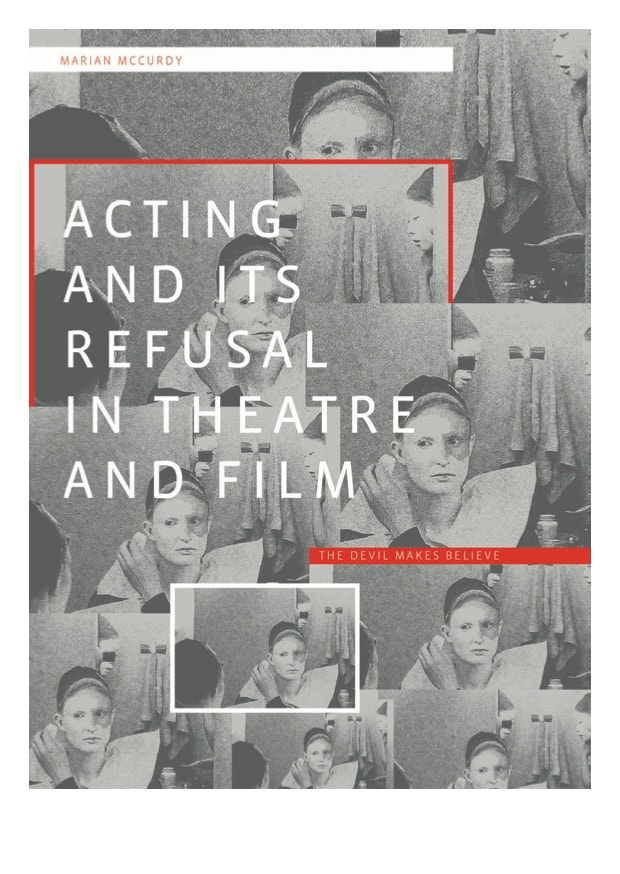
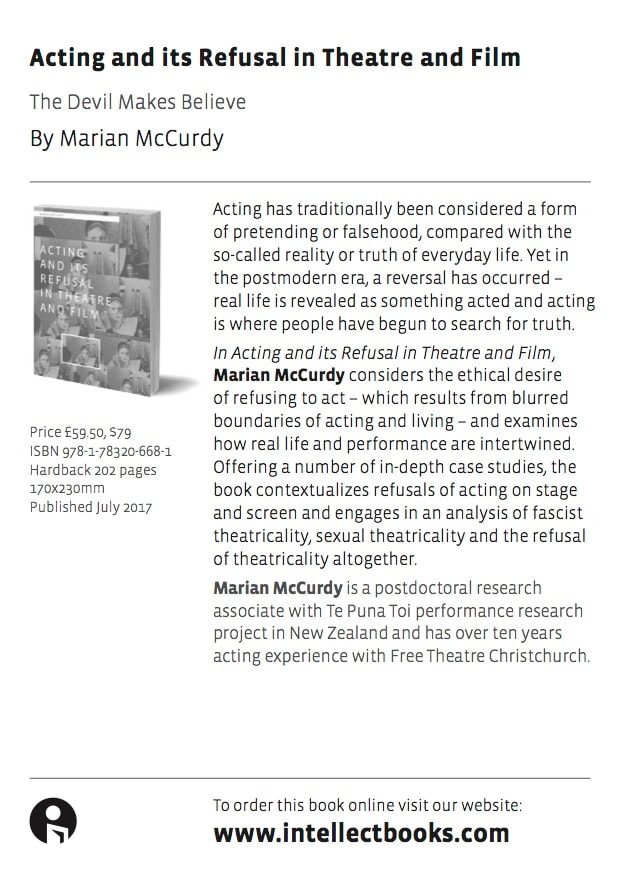
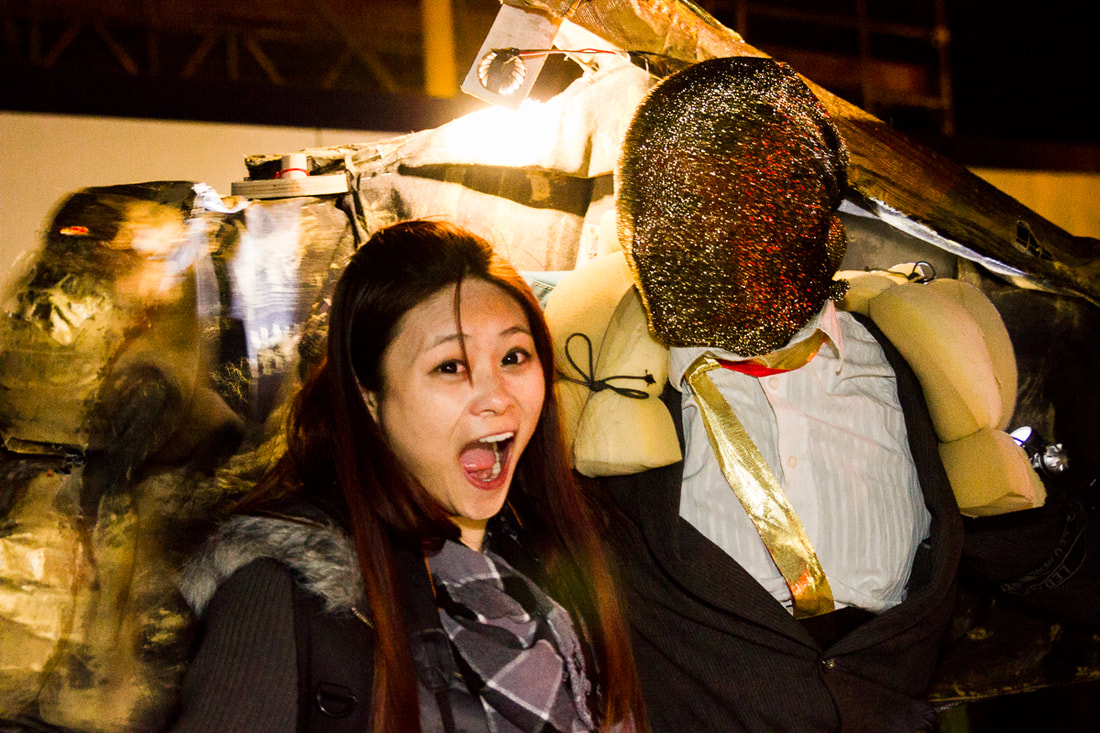
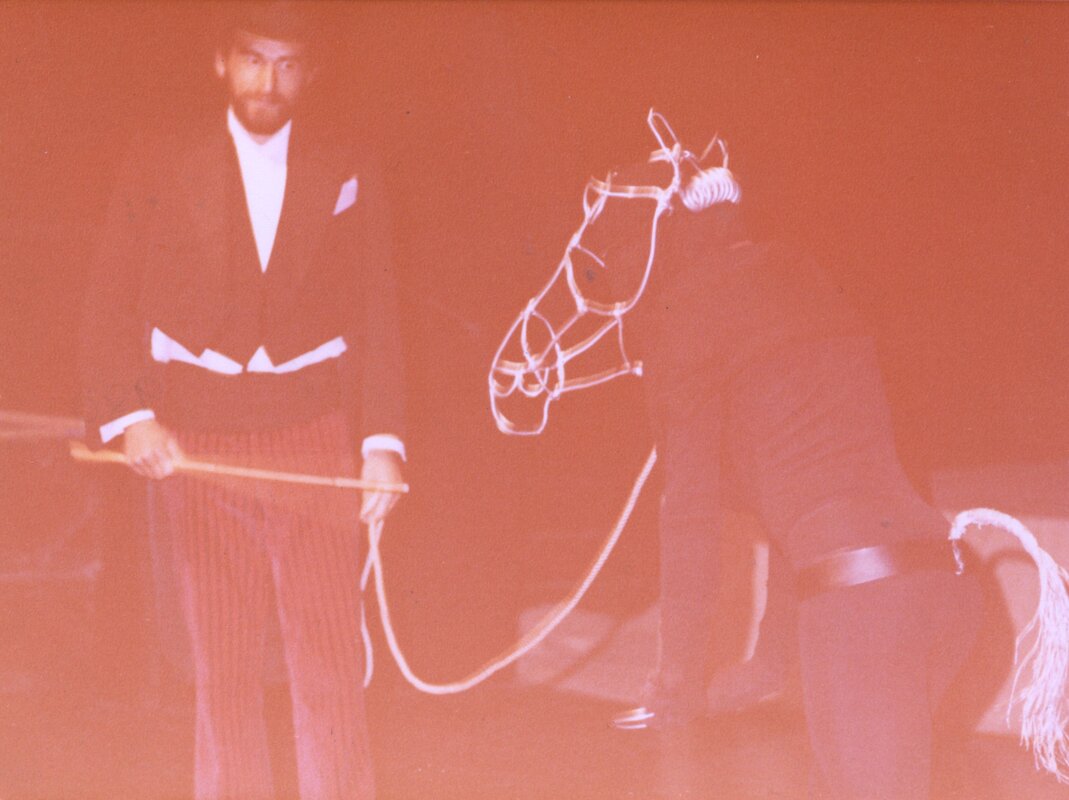
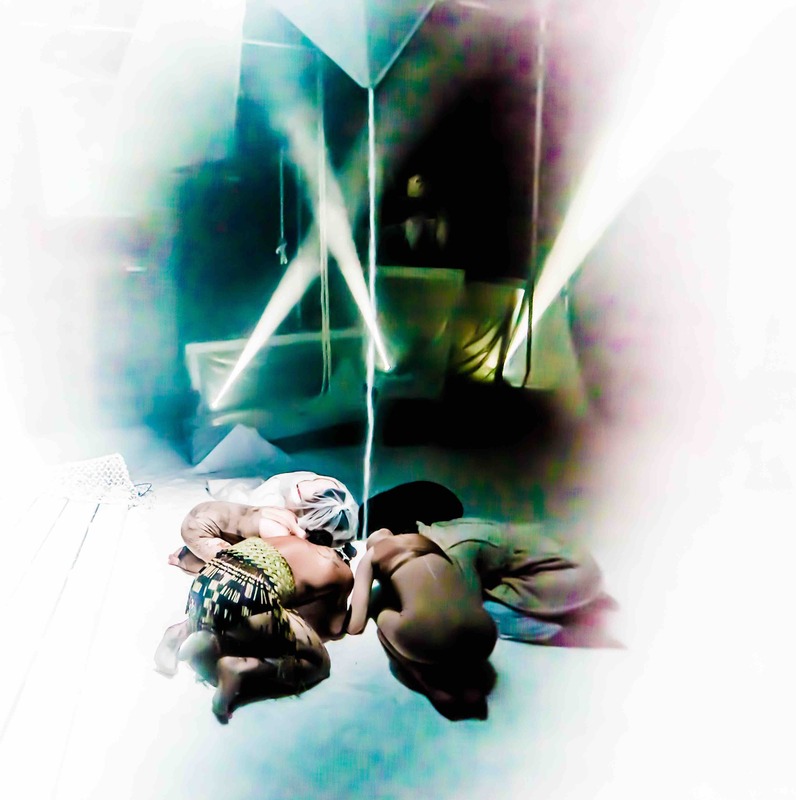
 RSS Feed
RSS Feed

